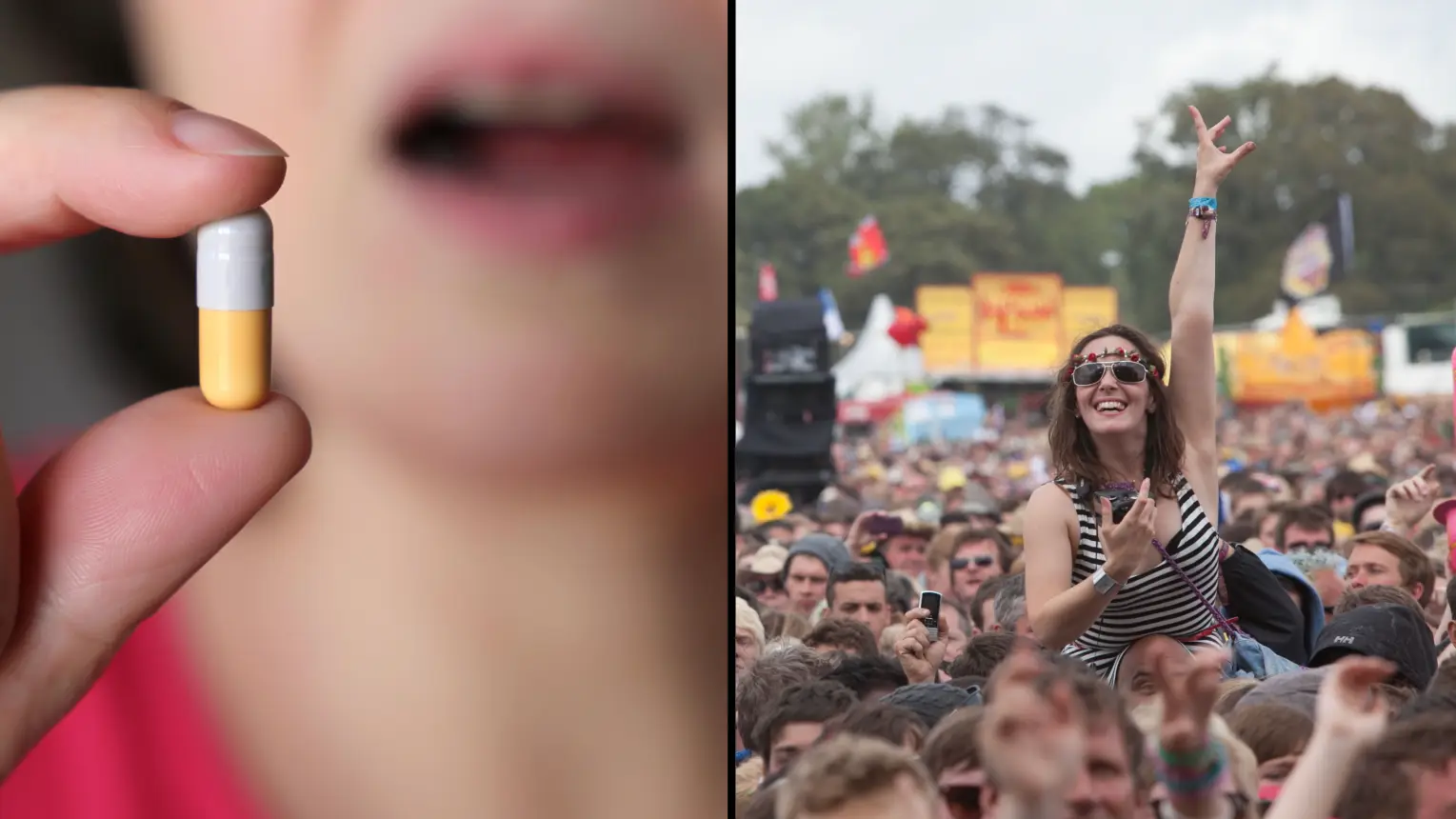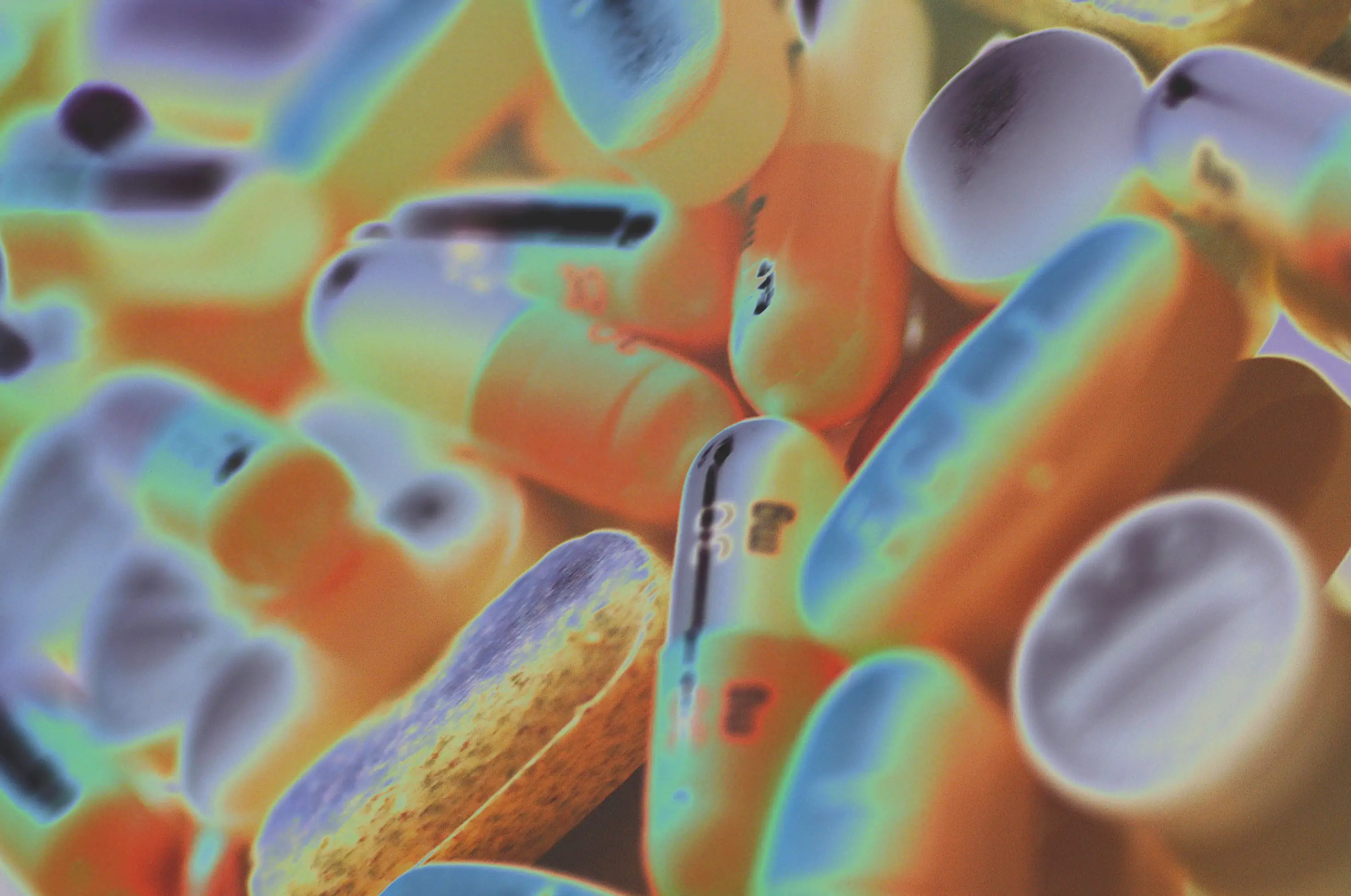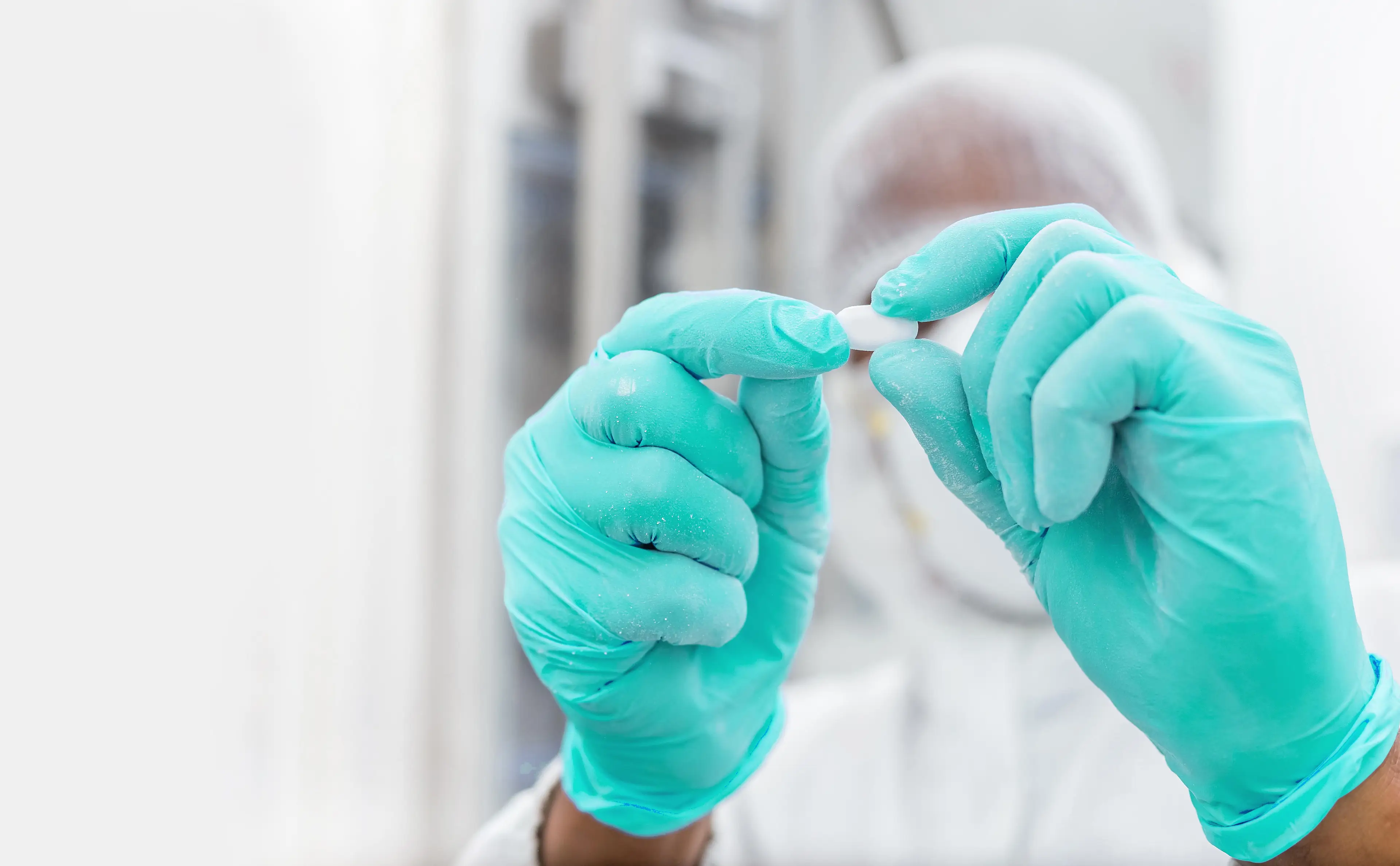
Queensland will officially become the first Australian state to introduce pill testing at music festivals to minimise the harm of illicit drugs.
Queensland Health Minister Minister Yvette D'Ath said that sites would be set up in the state capital of Brisbane to analyse the contents of drugs to help festival goers better understand what is actually in their party drugs.
The program aims to help Australians to make better choices when it comes to illegal substances.
"We don't want people ending up in our emergency departments or worse losing their life," D'Ath said in a statement.
Advert
"Pill testing services will inform people what chemical substances are in their drugs.

She added: "We know people make better decisions when they are equipped with unbiased information."
It follows similar trials in Canberra, which had set up mobile sites in 2018 and 2019, and then the state opened up the country’s first fixed site last year.
However, no other state followed in its lead with NSW and Victoria so far declining to roll out fixed testing sites.
Chief Executive Officer of the Queensland Network of Alcohol and other Drug Agencies Rebecca Lang welcomed the move, explaining that pill testing is a ‘pragmatic and effective way to reduce the potential for drug-related harm’.

She said in a statement: “Drug checking services have been available in Europe for over 20 years and have contributed to significant reductions in drug related harms, particularly harms related to adulterated drug supply or high purity drugs.
“The fixed site drug checking trial in Canberra has proven the value of this type of service in alerting the public to particularly dangerous substances in circulation, as well as connecting people who use drugs with credible harm reduction information.”
How many fixed and mobile sites will be established across the Sunshine State is unknown.
However, Pill Testing Australia (PTA) revealed there were 146 walk-ins in their first three months in Canberra, as per ABC News.
PTA lead clinician and emergency medicine physician David Caldicott told the outlet that clients who enter the testing room must hand over their phones to ensure privacy.
Then the drugs are analysed through a Fourier Transform Device Spectrometer (FTIR), which identifies potentially dangerous substances before being measured in potency by Ultra Performance Liquid Chromatography.
The team will then alert clients if there’s a compound the lab can't identify.
"Because we think it's a bad idea to consume something that contains unknown substances," Dr Caldicott said.
The process is estimated to take 15 minutes.